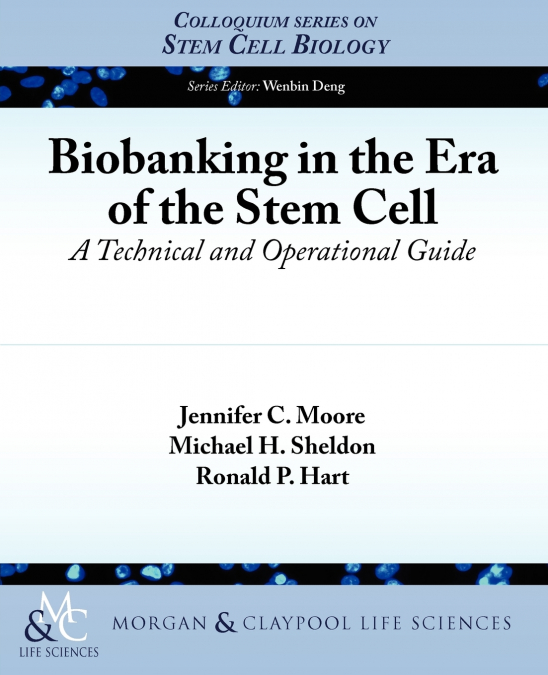
Jennifer C. Moore / Jennifer CMoore / Michael H. Sheldon / Michael HSheldon / Ronald P. Hart / Ronald PHart
 Donde los libros
Donde los libros
 Librería 7artes
Librería 7artes
 Librería Elías (Asturias)
Librería Elías (Asturias)
 Librería Kolima (Madrid)
Librería Kolima (Madrid)
 Librería Proteo (Málaga)
Librería Proteo (Málaga)
The study of mental health disorders and the genetics behind these disorders can be greatly enhanced by the use of induced pluripotent stem cells (iPSC). Since many mental health disorders develop after puberty, the only way in which to study the genetic mechanism of these diseases previously was through cellular surrogates, such as blood or cultured fibroblasts. Having the ability to reprogram adult cells to the pluripotent stage provides the capacity to study the onset of these disorders during a culture model of neural development and to include the impact of genetic risk factors and potential environmental triggers. Working with the National Institute of Mental Health (NIMH), the Rutgers Cell and DNA Repository (RUCDR) has begun banking iPSC source cells and converting those source cells into iPSC for distribution to the scientific community. Although initial protocols were developed to reprogram fibroblasts, the ability to reprogram blood cells has several advantages including less invasive collection, less post collection manipulation, and the large number of samples in existing collections. Here, we provide detailed protocols for reprogramming either fibroblasts with retroviral vectors or cryopreserved lymphocytes with Sendai viral vectors. Our goal is to support the discovery of effective treatments for mental health disorders.Table of Contents: Acknowledgments / Introduction / Appendix / General Protocols / References / Author Biographies